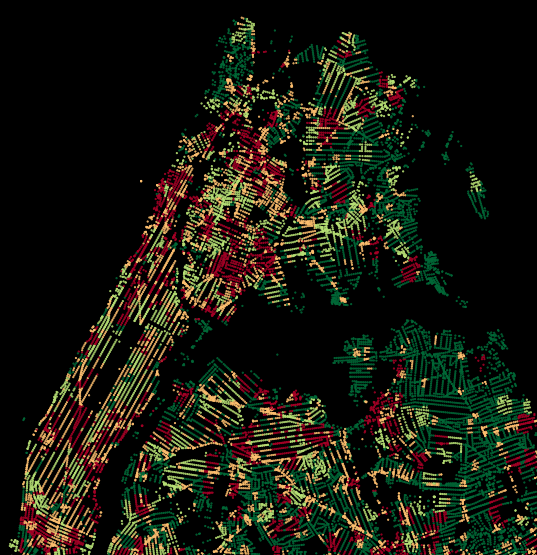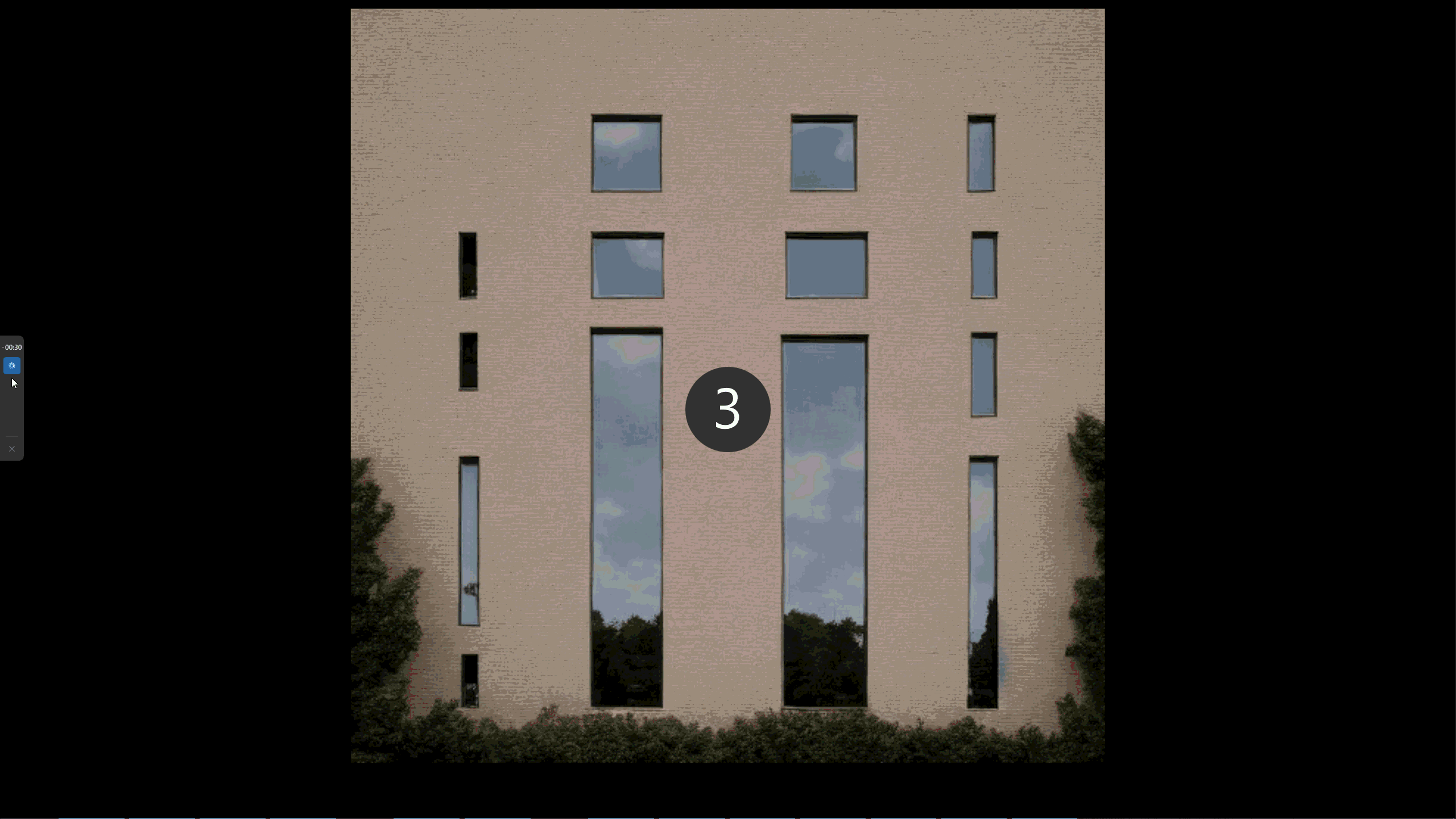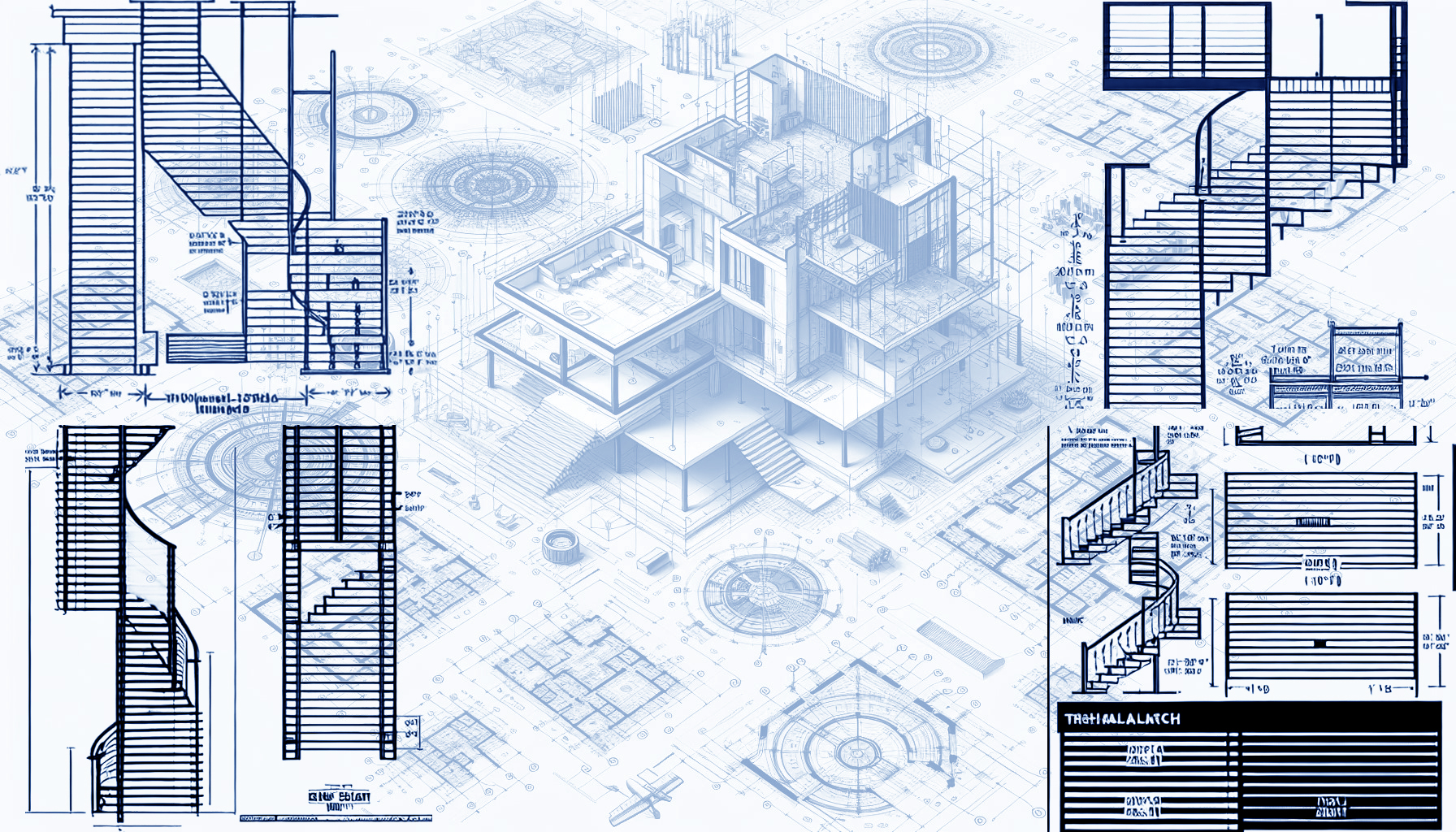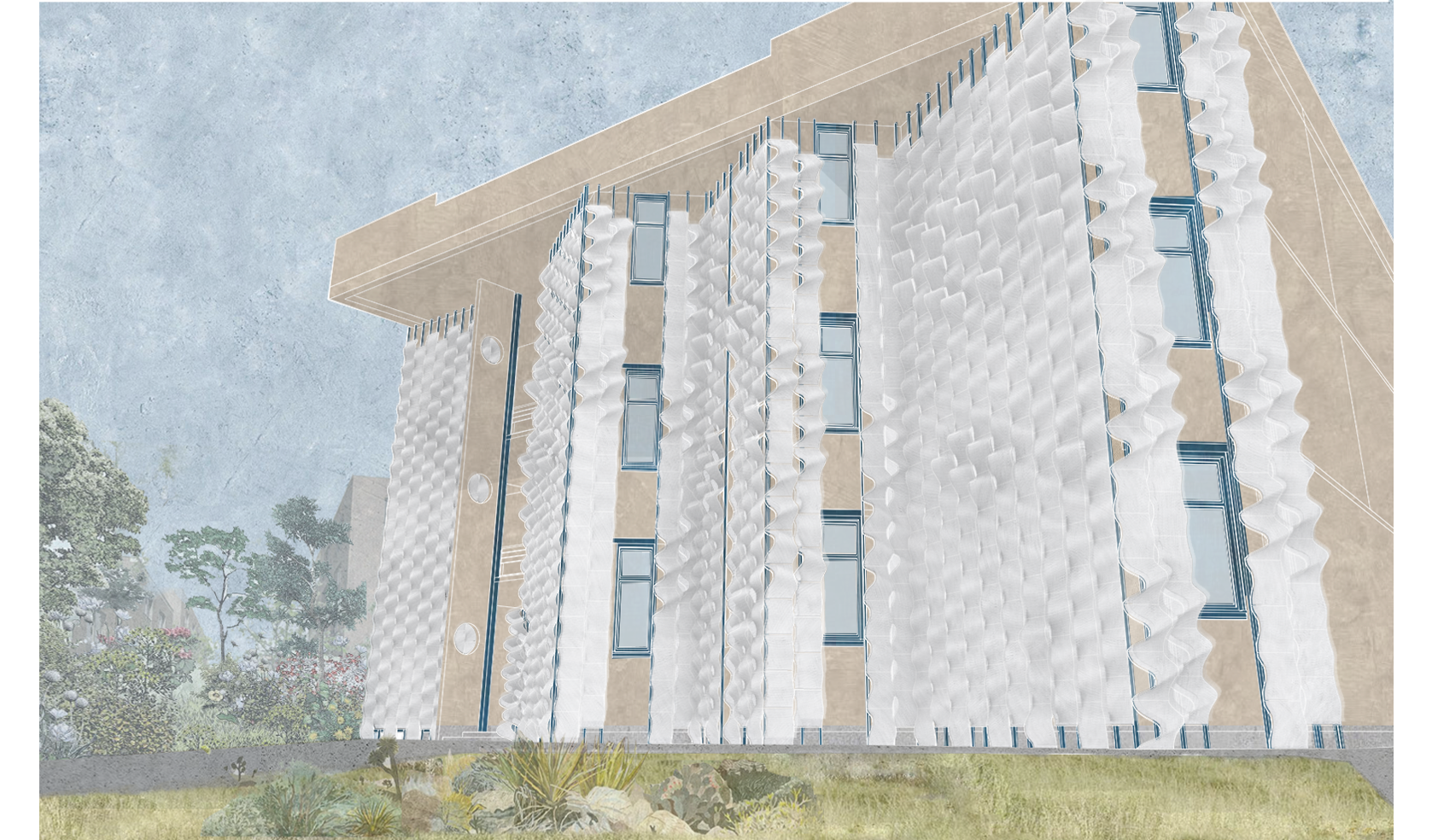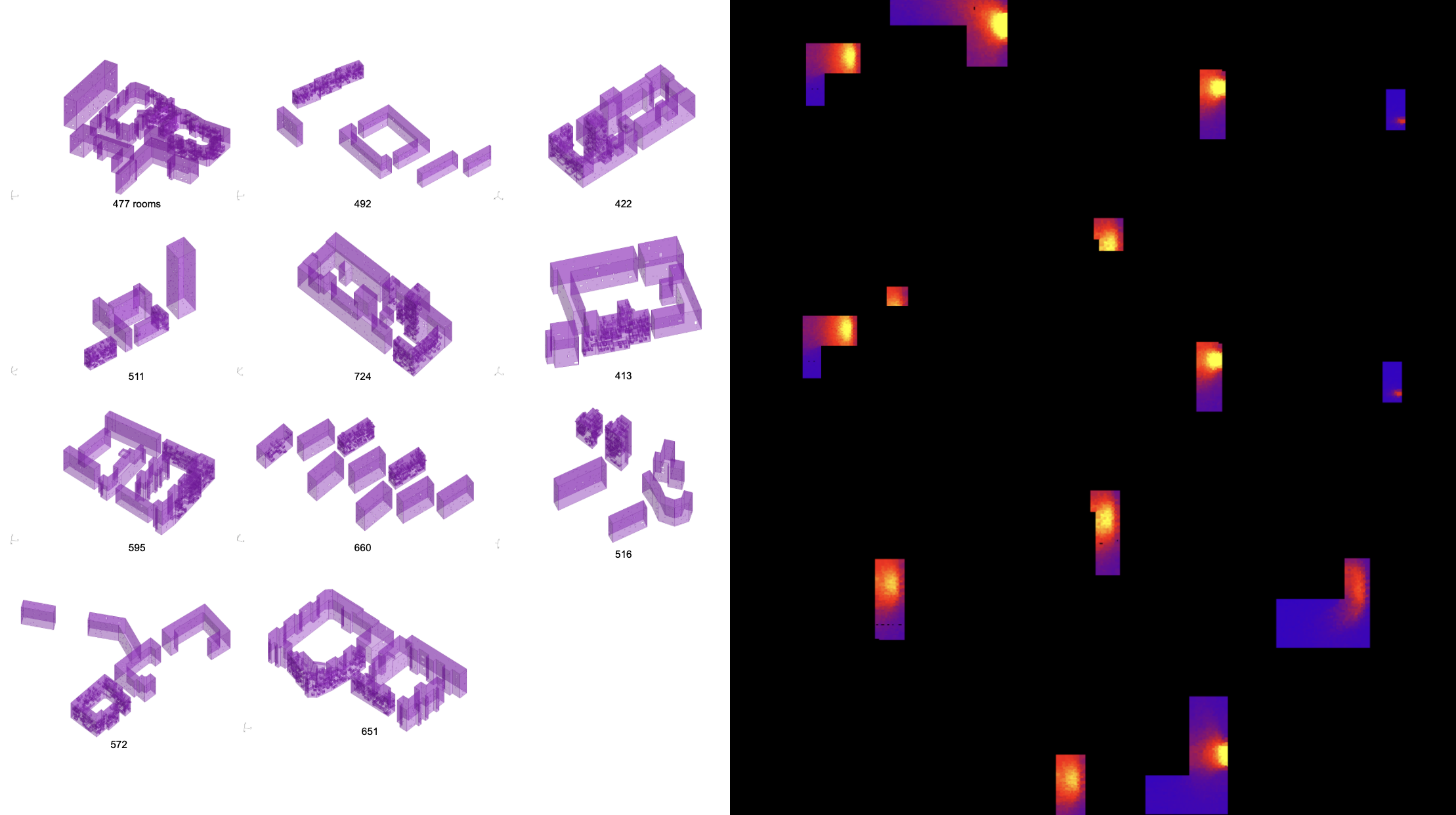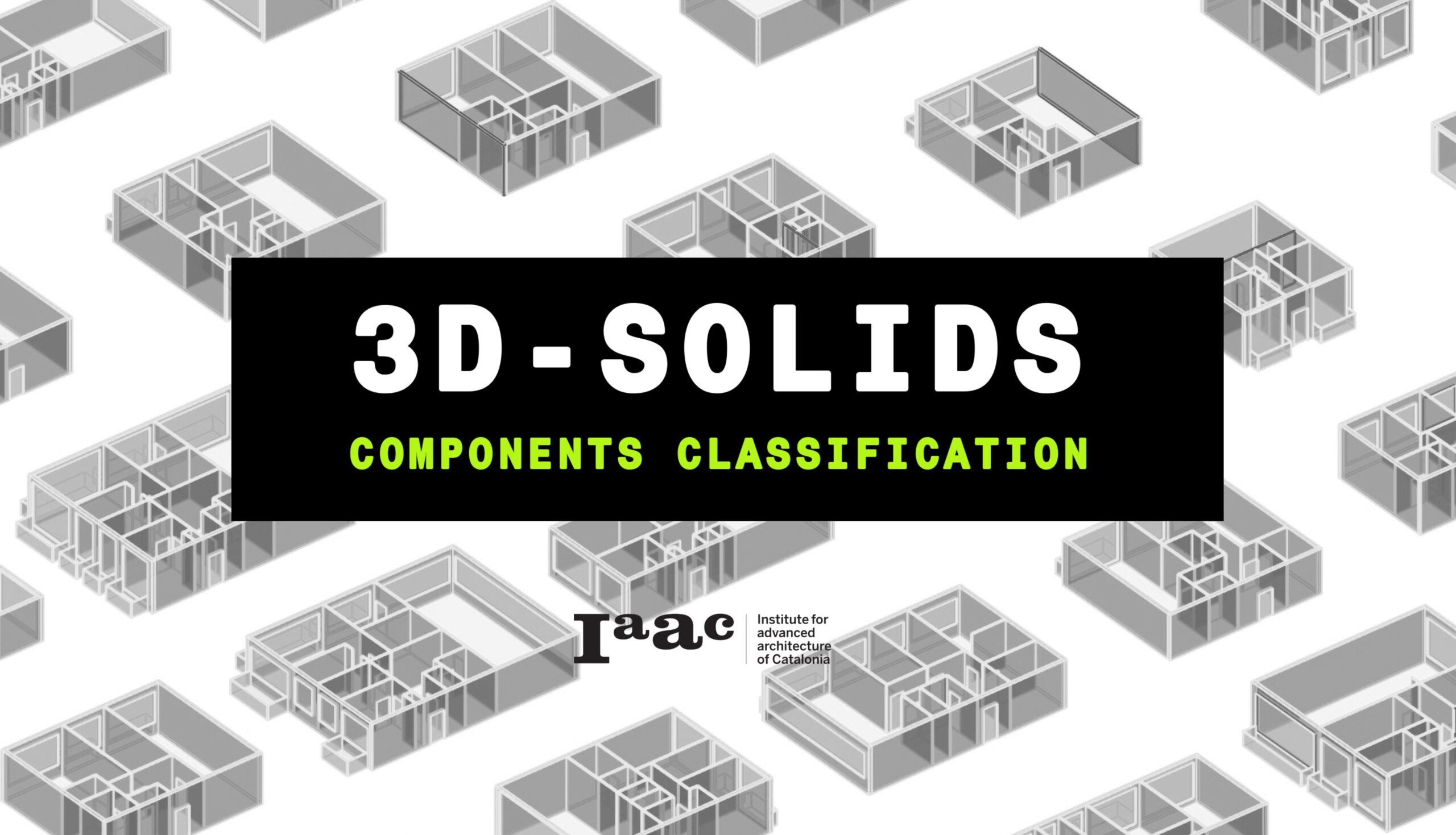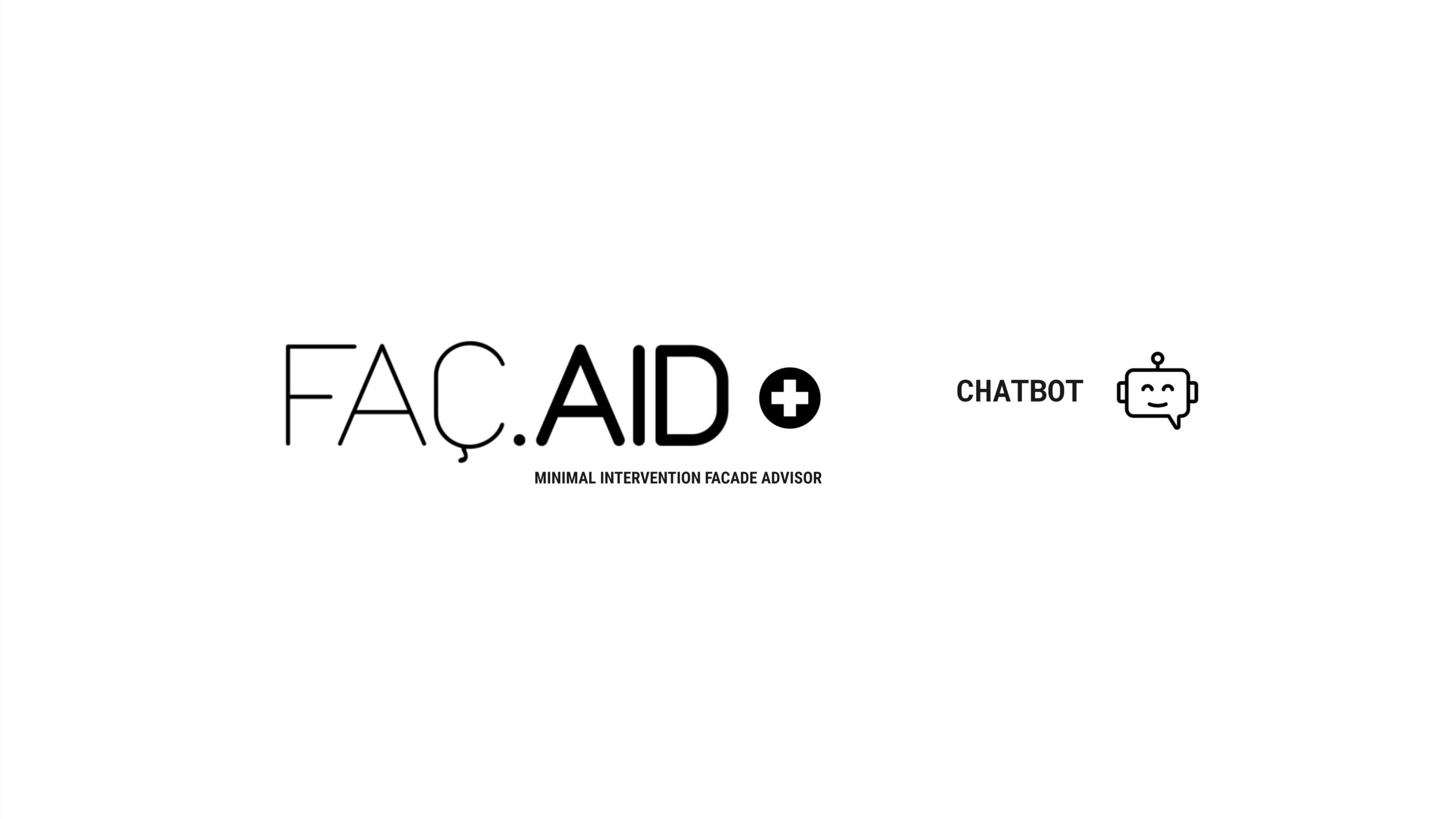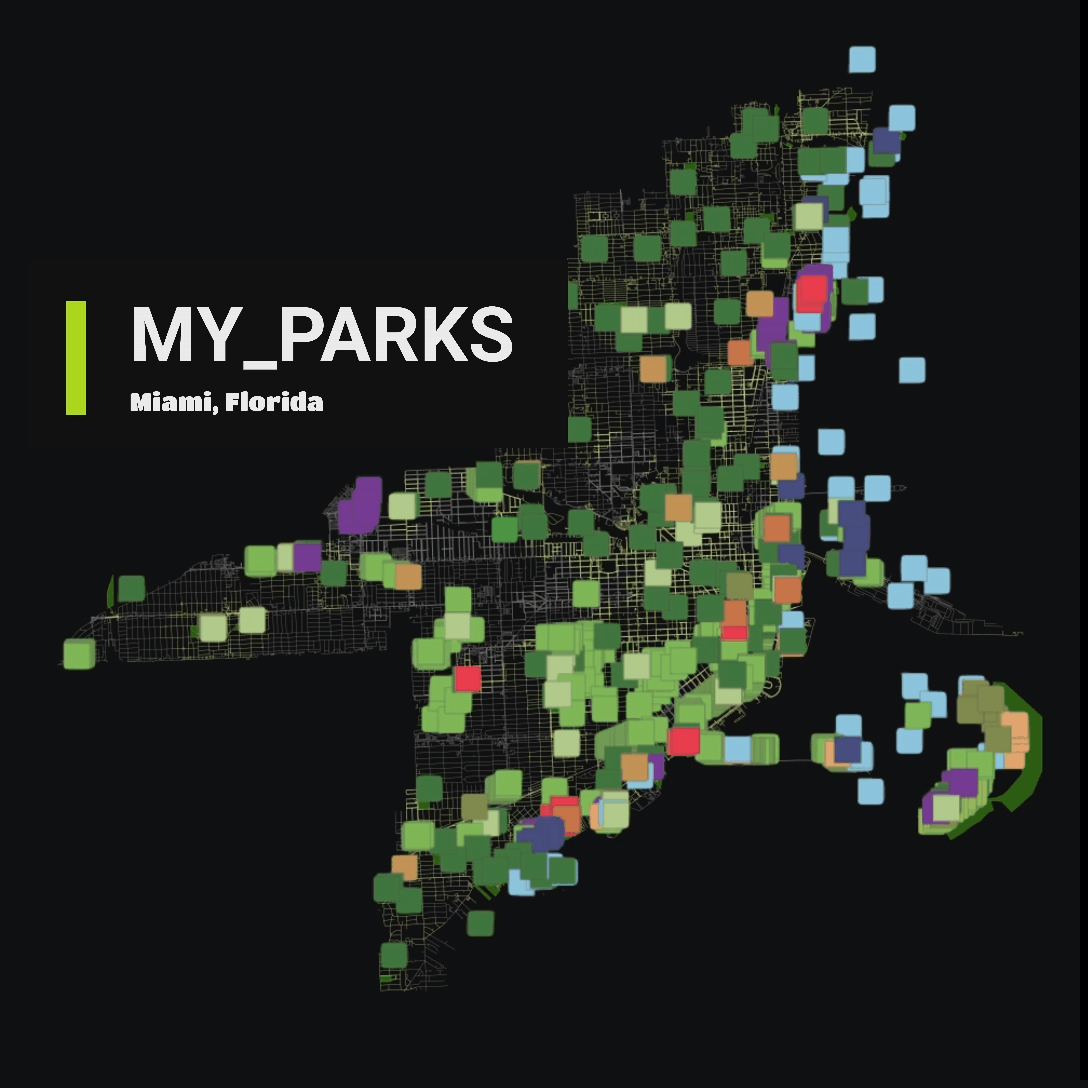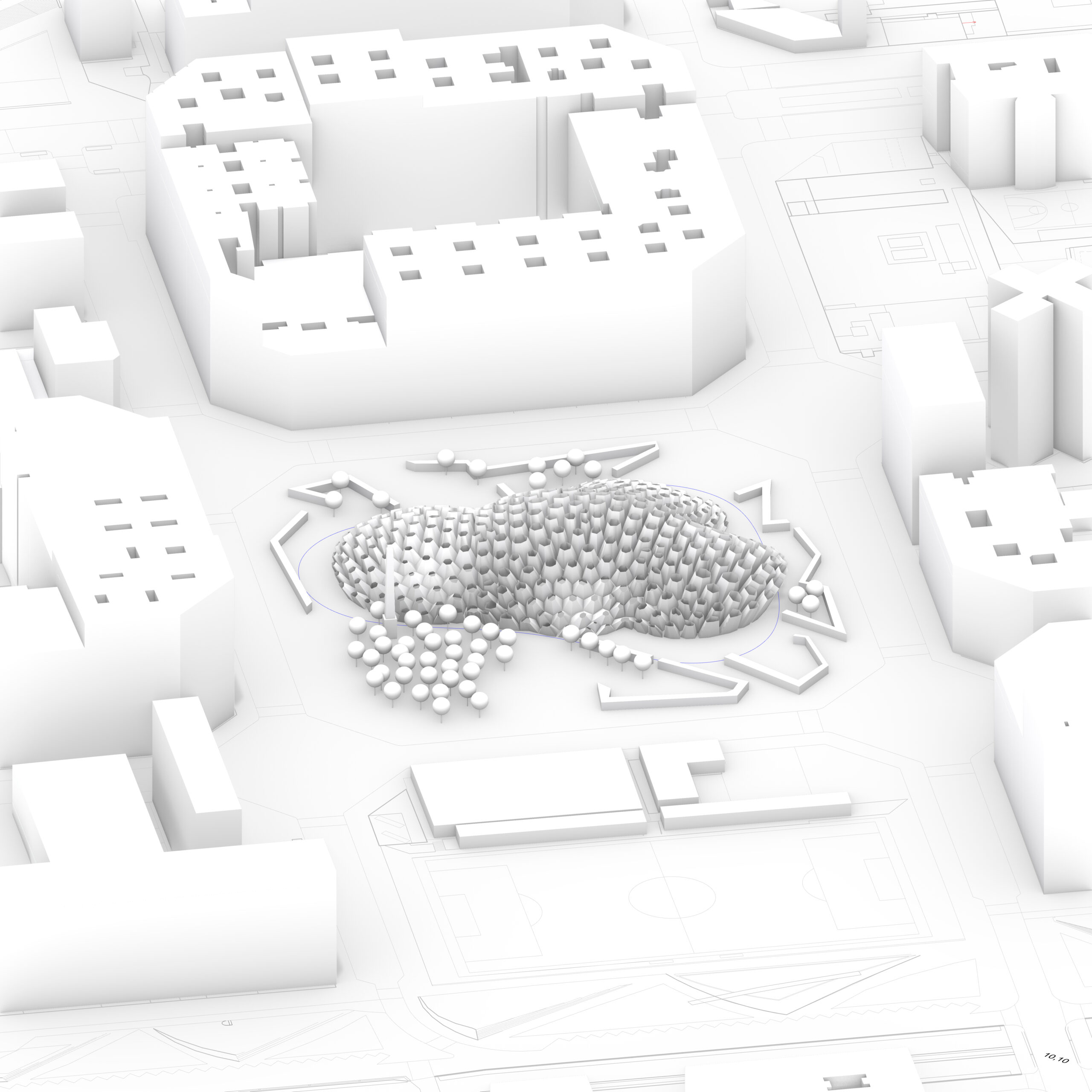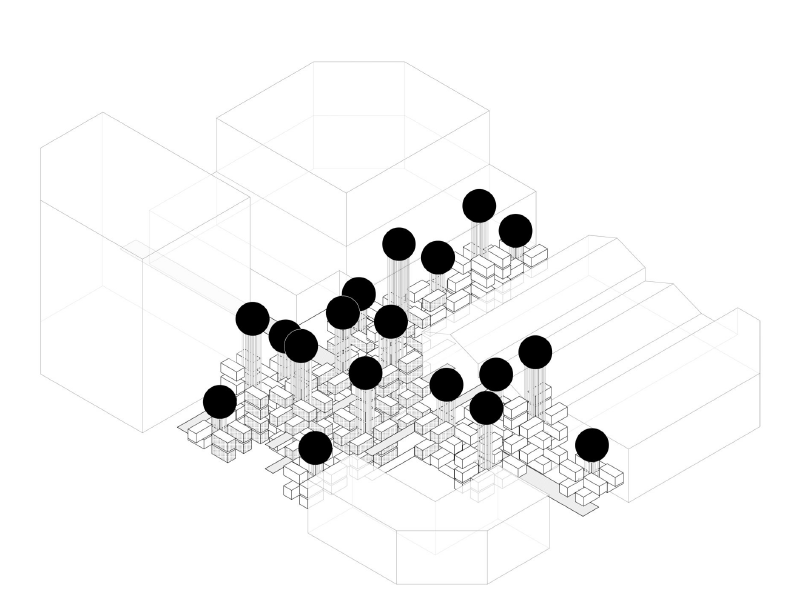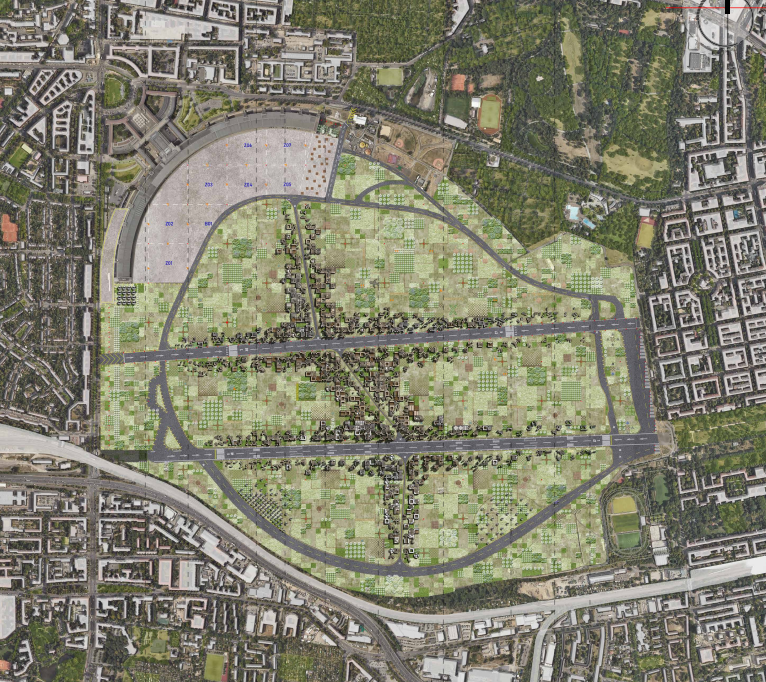Vehicle Crash Prediction in New York City
Project Aim In this project we aim to predict the type of vehicle crash that can be foreseen in the city of New York based on the traffic volume, using Graph Neural Networks (GNNs). To develop this machine learning model we use 3 different datasets. The model could hold potential if developed further, to be … Read more

